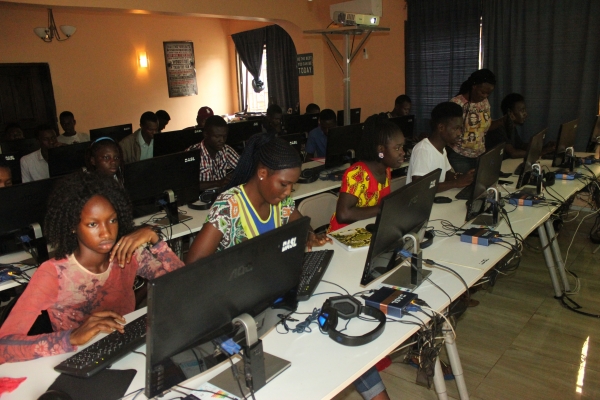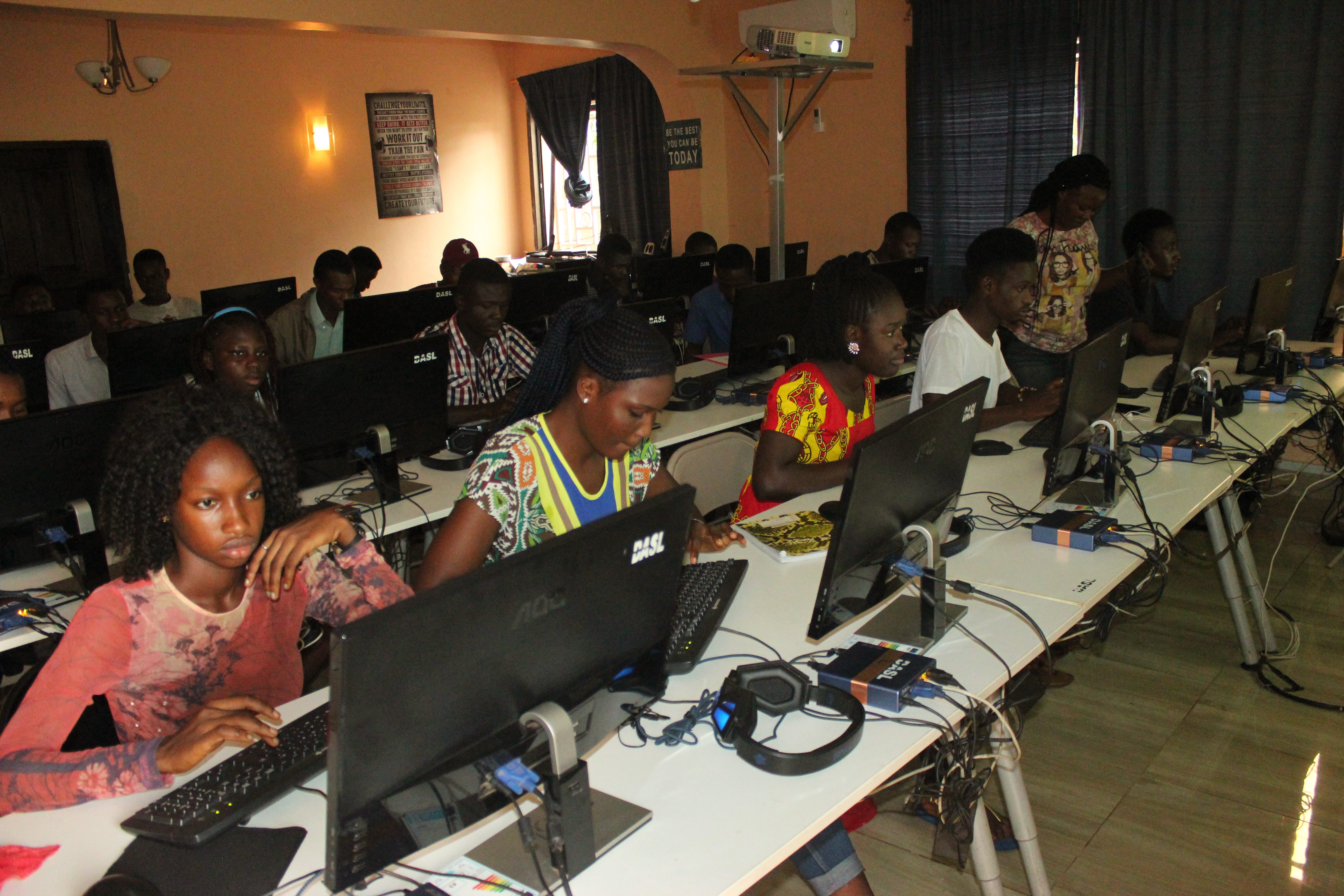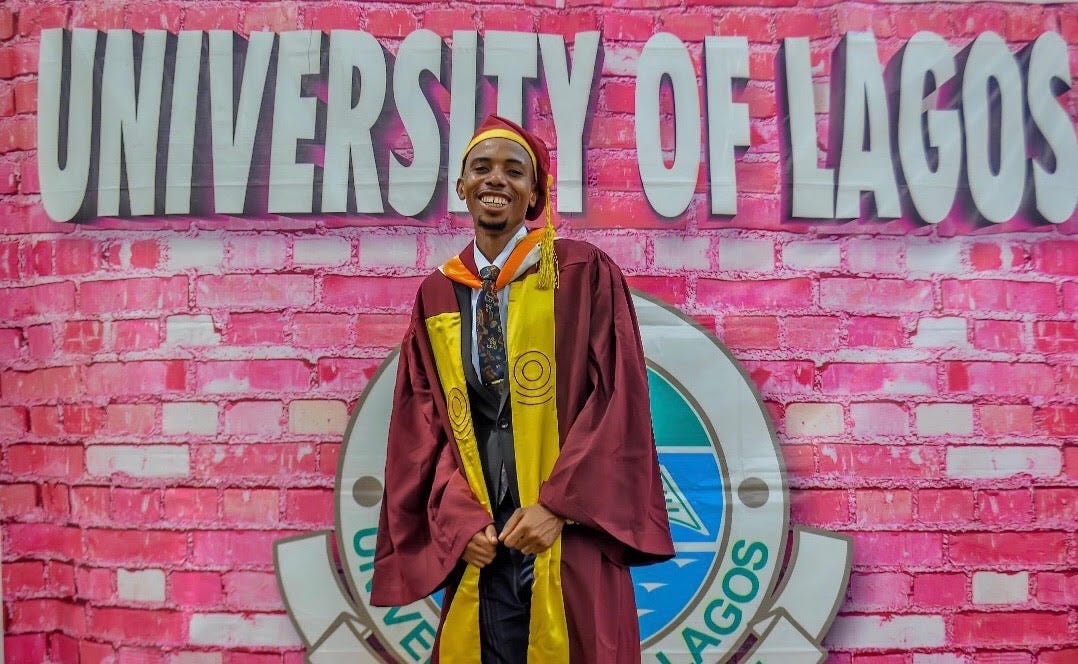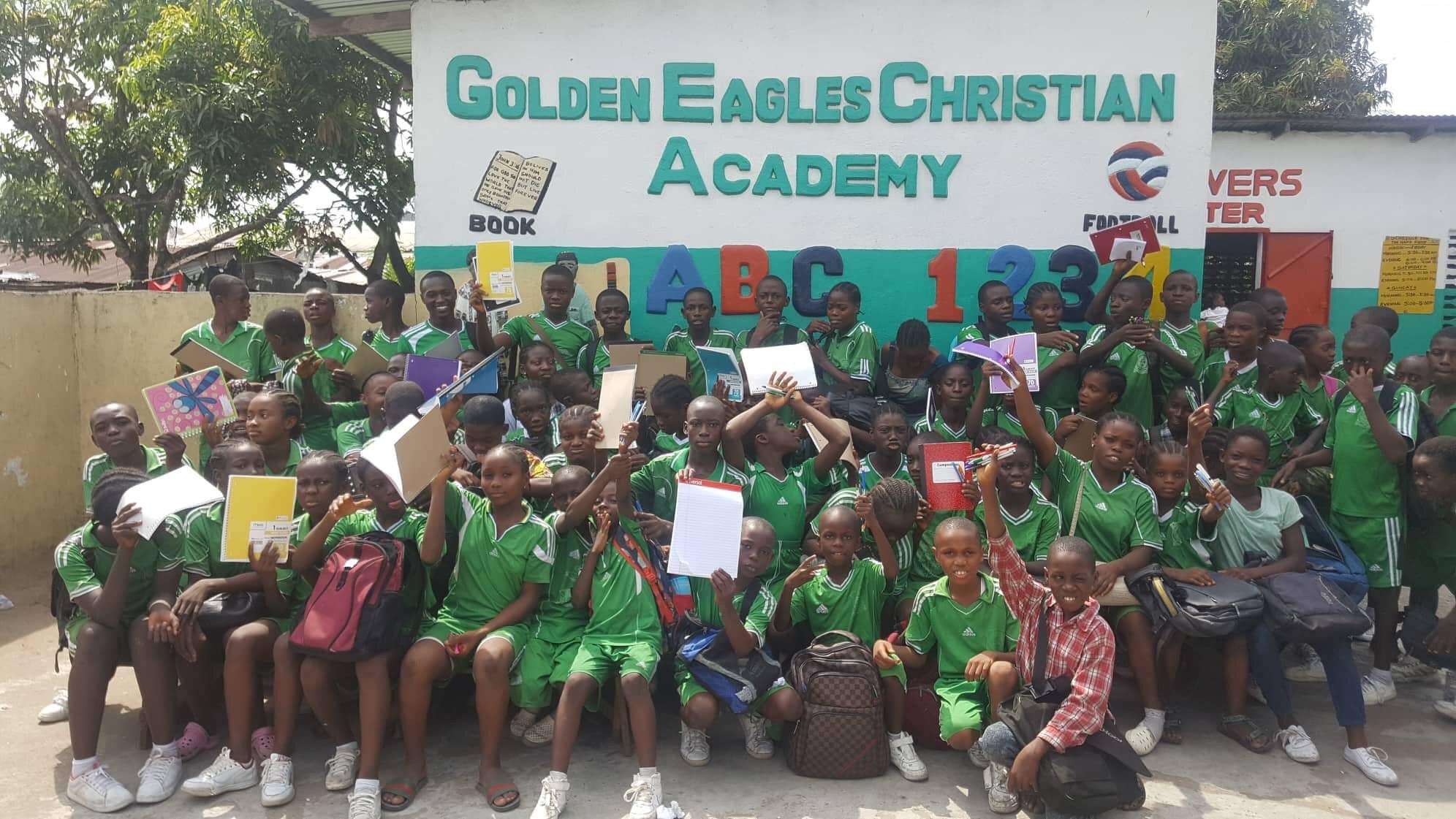
Education is a solid foundation for any country’s development in various industries. Tragically, for African states, education has not been the pillar for transformation. Consequently, the region has always remained at the tail-end of the industrial revolution.
As the world embraces the future by incorporating technologies such as blockchain, big data, virtual reality, and artificial intelligence, these remain to a large extent a distant dream in the African continent. If we are to catch up with the pacesetters in the various industries, Africa’s educational thinking and systems have to undergo a shift in direction and policy.

Much is said about the ‘youthfulness’ of the continent. According to the UNDP, youth in Africa constituted 19% of the global youth population in 2015, numbering 226 million according to statistics. This is projected to grow by 42 percent by 2030, according to a UN report on Youth population trends and sustainable development.
However, there is a worrying trend in education among youth in Africa.
“The education systems of many countries are leaving behind a substantial proportion of the population. According to the most recent data available, in 32 countries, fewer than 80 percent of 15–24-year-old youths are literate. Of these 32 countries, 18 are projected to see more than a 40 percent increase in the youth population between 2015 and 2030. In six of these low-literacy countries, all in sub-Saharan Africa, the growth of the youth population in this period is projected to exceed 60 percent,” the UN report said.
This is a ticking time bomb on two fronts. One, you have a bulge in the population of people who cannot be employed due to a lack of adequate education. On the other hand, you have old education systems failing at the feet of new technologies and innovation.
Africa can hold the two problems with a grip, and solve them instantaneously, for the survival of the continent.
Fixing the Problem in The Educational Gap
According to a report by the State of Education conference 2018, education at all levels should respond to what is happening around the world. For example, industries and big enterprises are built by individuals. However, the skills to set up these industries are not taught in the education system.
Nneka Okekearu the head at Enterprise Development Centre at Pan-Atlantic University runs programs where they unlock and transform the mindset of youth through business, leadership and management education.
“They fill a much-needed gap in a system where the curriculum often is preparing students for careers that don’t exist when they graduate,” she intimated during the conference.

Now as part of the university’s first undergraduate program, students are required to take one year of entrepreneurship, receiving mentorship and training as they start, run and liquidate a business within that time-frame.
Notably, the university sees that students do better in their grades because they get life-skills and application with the theory that other courses are teaching. The university believes the students can use their education to solve problems on the continent. The need for a more structured internship process that fits the African context is also a need.
Upgrading education systems is needed to turn around the continent. The world is digitizing but there seems to be a lack of a competent workforce to create and manage digital systems in all industries.
Supplementary education through the internet also offers a way to bridge this gap and to grow the next generation of workers. For example, according to the code repository, GitHub, Africa has the fastest-growing number of developers.
African developers have created 40% more open-source repositories than last year which is a higher percentage growth than any other continent, the report said.
The plan to set up a development center by Microsoft in Nairobi and Lagos is a warning bell to indigenous companies as the software giant has seen the potential in Africa to educate the youth to get jobs in the Fourth Industrial Revolution. It aims to train its students in artificial intelligence, machine learning, and mixed reality innovation.
As neo-saying goes, in the future, every company will be a technology company. “Business growth isn’t possible without technology”. This is one of the 10 reasons given Chelsea Segal, the CEO of Targetwise. The workforce needed cannot afford to underestimate the Fourth Industrial Revolution. All efforts are welcomed to upgrade our workforce to the work of the future.

The Role of Research and Development (R&D) in Education
Providing a formidable and innovation-focused workforce is an additional path or strategy to launch Africa’s growth in the Fourth Industrial Revolution. This knowledge can be harnessed to develop future homegrown technologies. Research and Development (R&D) units in universities and corporations are a major key to prosperity.
For countries that have witnessed economic revolutions, research and development are at the core of innovation. In Africa, there is little or inadequate investment in R&D. UNESCO research shows little investment by African nations in R&D.
South Africa is the leading country in Sub Saharan Africa in investing in R&D at US$ 5.5 billion and allocates US$ 1.5 billion to university research. Kenya is also put at the head of investing in R&D in Sub Saharan Africa, with USD 788,221 invested in R&D.
Global leaders in research and development are light years away from Africa. US has US$ 476 billion in research while China will spend USD 370 billion. Both countries spend more than 2 percent of their GDP on research.
Universities are at the forefront in building a strong foundation for research and development however, the basics of strengthening education systems support these reforms.
What happens when countries in Africa have a strong education system? They build industries and then start to compete with developed nations. The Fourth Industrial Revolution is changing how industries are operating, how goods are delivered and how economies are thriving.
Africa has no option but to overhaul the education system to align with the new realities of the digital revolution.

The monumental progress that is needed has to start at the government level. If education systems are changed and research and development allocated more resources, the region could be headed for a brighter future. Manufacturing and industrialization might benefit from a workforce that is knowledgeable and versatile.
Only then could we ever compete with the industrial giants and create a unique market by Africans for Africans.
Hopeful Signs of Progress
There are clear indications that governments in Africa are rising to the challenge. One of the most encouraging beacons is Sierra Leone where Dr. Julius Maada Bio (President of Sierra Leone) and Dr. David Sengeh (Chief Innovation Officer for the Directorate of Science, Technology and Innovation in Sierra Leone) have made significant strides. Here are a few examples that clearly indicate that change has arrived in Sierra Leone.
- Dr. Sengeh is pioneering ambitious smart-city projects. He established an “education data hub” that gathers test scores from every school in Sierra Leone and correlates them with data on location, demographics, spending, and policies. The data allow workers to track conditions that affect test scores and make changes to help schools that are lagging
- Dr. Sengeh has said the country will have to review its university curriculum to ensure it benefits from the opportunities offered by the Fourth Industrial Revolution (4IR).
- President Julius Maada Bio Launched Sierra Leone’s National Innovation and Digitisation Strategy (November 1, 2019).
- The Bill & Melinda Gates Foundation has awarded a US$773,476 grant to the Directorate of Science, Technology, and Innovation (DSTI) in Sierra Leone to develop an Integrated GIS Portal that will utilise technology, software and devices to collect, label and model data to inform real-time government and development partner decision making.
These innovative measures prompted the experts on Newsweek’s Momentum Awards Council to flag Freetown as a smart city to watch.
With these positive signs of progress, Sierra Leone has indeed made a hopeful start. Given the level of commitment demonstrated by the Sierra Leone government at this high level and international support, there definitely is light at the end of the proverbial tunnel.




